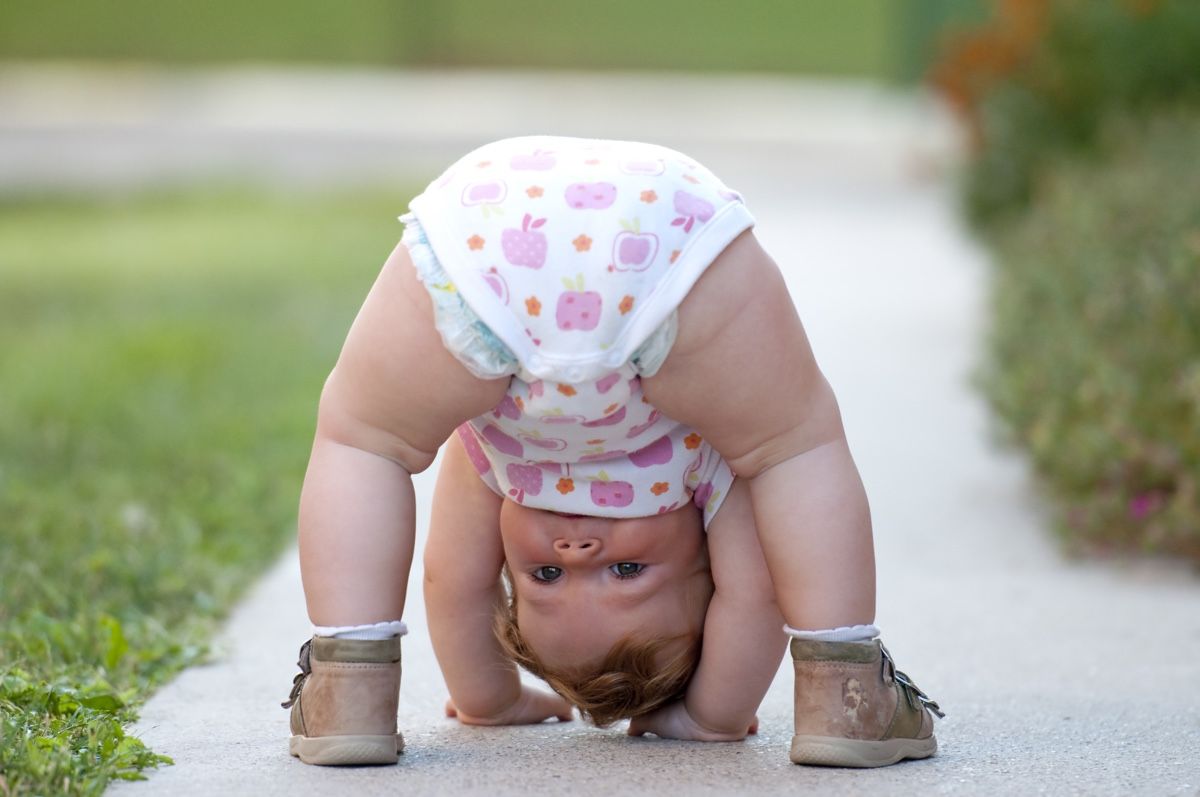Even Babies Will 'Sell Out' for a Price

Even babies will "do business" with the bad guy if the price is right. At least that's what a duo of psychologists has found in a lab study of little ones as young as 12 months.
"It's a study I like to call 'the deal with the devil,'" said study researcher Arber Tasimi, a graduate student in the Department of Psychology at Yale University.
Tasimi and Yale psychologist Karen Wynn were interested in finding out the age at which kids will avoid a wrongdoer, even if it comes at a cost to the kids themselves. They knew that previous research had shown that "older kids" (ages 7 and up) prioritize moral considerations over their own incentives. However, younger children in past studies seemed to give top ranking to their material interests. Those studies suggested "a developmental change at age 7 in how heavily children weight their own benefits relative to the benefits of others," Tasimi and Wynn wrote in March in the journal Cognition.
So Tasimi and Wynn decided to look at this moral dilemma in children on both sides of that age cutoff. [That's Incredible! 9 Brainy Baby Abilities]
In their experiments, the researchers gave the little participants choices between a smaller and larger offering. Most of the time, the kids, regardless of their age, preferred the bigger prize.
But that wasn't always the case.
When the giver of the better reward was a "bad guy," the participants took the smaller prize from the do-gooder. For instance, in one of the experiments, kids ages 5 through 8 were told that a mean kid was offering more stickers than a nice child who had just one sticker to give away. When the difference between the stickers was modest — say, two stickers versus one — the young'uns were more likely to choose good, settling for the smaller reward from the nice character. But things got interesting when the meanie offered 16 stickers versus the nice guy's one: That's when 67 percent of the participants "sold out," in a way, to cash in on stickers.
Sign up for the Live Science daily newsletter now
Get the world’s most fascinating discoveries delivered straight to your inbox.
Even 12- and 13-month-old babies seemed to have their price. The researchers presented these babies with both a nice puppet and a mean puppet. (The mean puppet didn't help out another puppet to open a toy box and instead slammed it shut.) In one iteration of the experiment, more than 80 percent of the babies settled for one cracker from the helpful puppet versus two from the unkind one. Again, the experimenters upped the ante so that the mean puppet offered eight crackers compared with the nice puppet's single cracker. Babies were more willing to take the eight crackers — 11 of 16 babies in this group chose the larger snack.
"When I tell people about these findings, they often joke that babies and kids are sellouts, but I think the message is less cynical," Tasimi said in a statement. "Even early on, we're willing to pay personal costs to avoid wrongdoers in favor of do-gooders."
Follow us @livescience, Facebook& Google+. Original article on Live Science.
Jeanna Bryner is managing editor of Scientific American. Previously she was editor in chief of Live Science and, prior to that, an editor at Scholastic's Science World magazine. Bryner has an English degree from Salisbury University, a master's degree in biogeochemistry and environmental sciences from the University of Maryland and a graduate science journalism degree from New York University. She has worked as a biologist in Florida, where she monitored wetlands and did field surveys for endangered species, including the gorgeous Florida Scrub Jay. She also received an ocean sciences journalism fellowship from the Woods Hole Oceanographic Institution. She is a firm believer that science is for everyone and that just about everything can be viewed through the lens of science.












